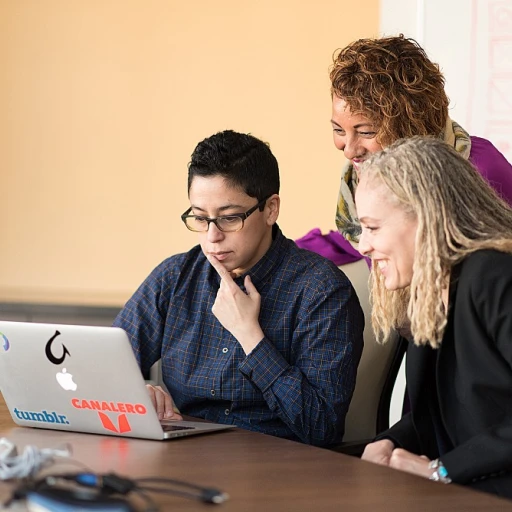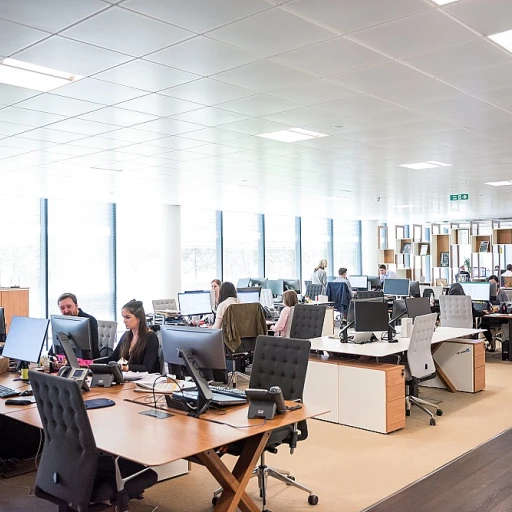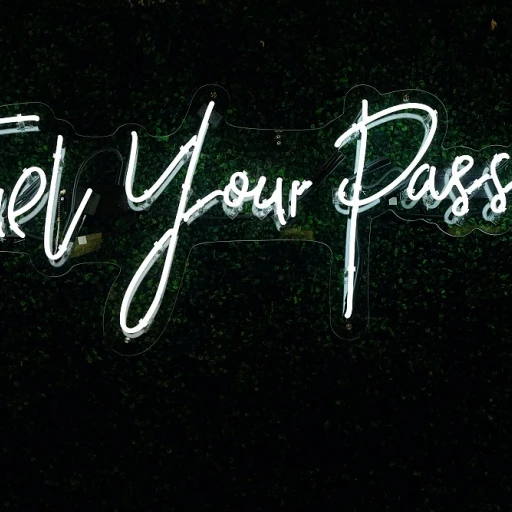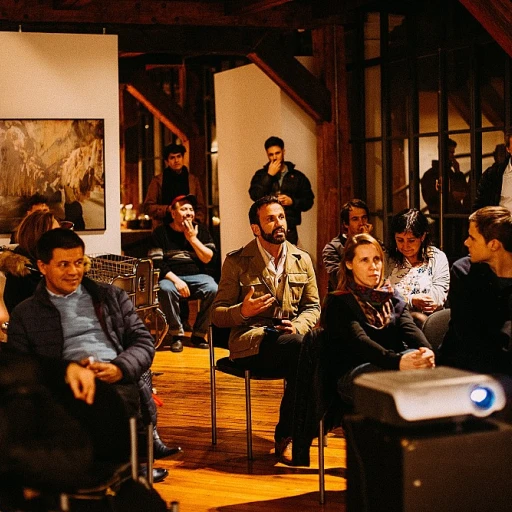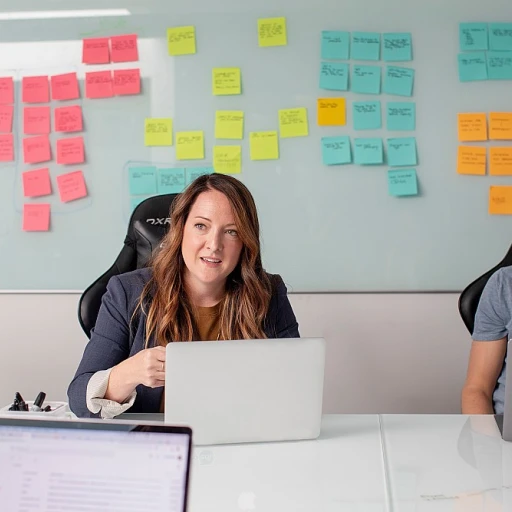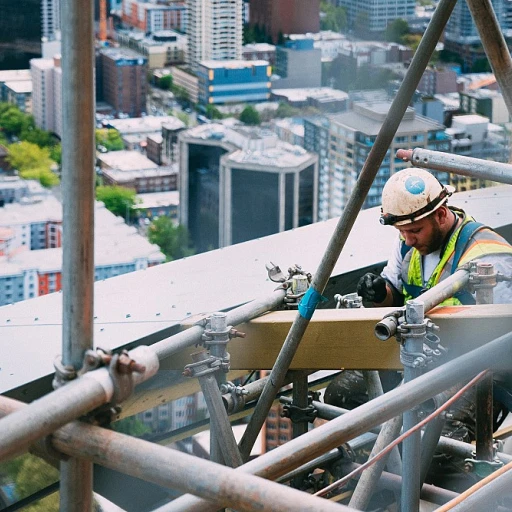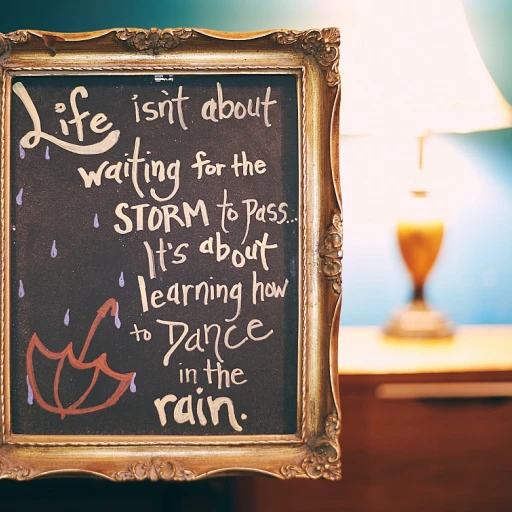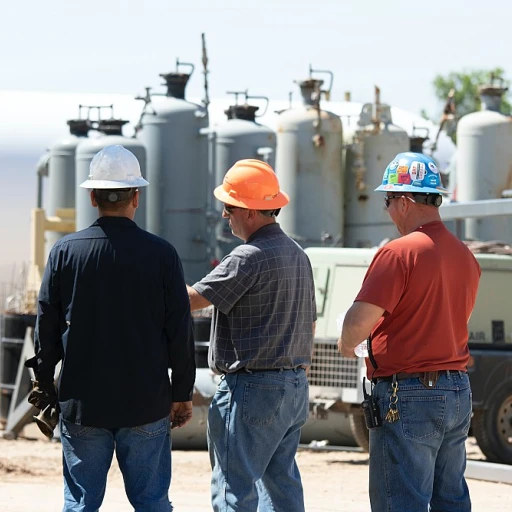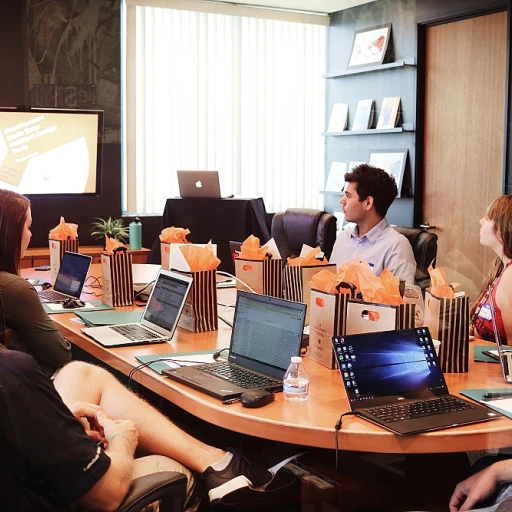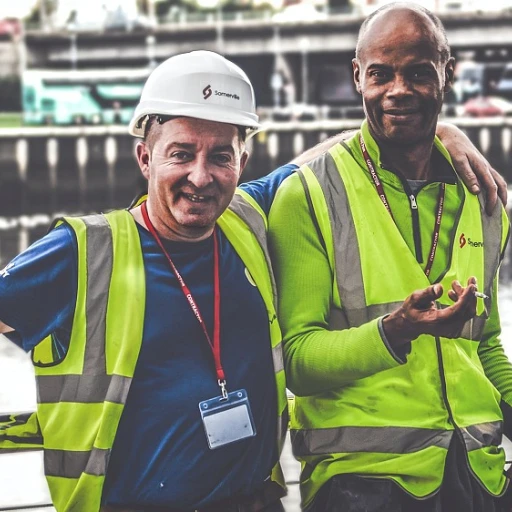Understanding Employee Engagement
Exploring the Foundation of Employee Engagement
Understanding employee engagement is crucial for any organization aiming to achieve optimal productivity and a positive workplace atmosphere. At its core, employee engagement is about creating an environment where employees are not only satisfied with their jobs but are also emotionally committed to the objectives and values of their company.
When employees feel engaged, they are more likely to go above and beyond their basic job requirements, contributing innovative ideas and showing increased productivity. This emotional connection to their work can be nurtured through various methods, including effective communication, recognition programs, and, as we'll explore further, corporate social events.
Events like corporate happy hours, held at venues across bustling cities like NYC, play a significant role. Whether it’s at a trendy bar in the East Village or a rooftop venue in the West Village, these events can bring teams together in a relaxed environment, encouraging bonding and boosting morale. But it's not just about picking any bar in New York City or anywhere else; choosing the perfect space for a happy hour or team-building activity is key to maximizing the engagement benefits.
Moreover, these events offer employees the opportunity to connect outside of their usual work routine, fostering a sense of belonging which is instrumental in keeping motivation levels high. From the best happy hour venues offering enticing hour deals to corporate spaces tailored for networking events, the right setting can significantly impact the outcome.
As we delve deeper, we'll look at the specific benefits of these corporate social gatherings, address the challenges in organizing them, and offer some best practices to ensure their success. Keep in mind the importance of incorporating feedback from employees to refine future events and measure successes effectively.
The Concept of Corporate Social Events
Enhancing Connections Through Social Gatherings
Corporate social events serve as a fundamental component of many organizational engagement strategies, providing a platform for employees to connect outside of their typical work environment. These gatherings, often held at perfect venues such as bars, restaurants, and rooftop bars, offer an opportunity for team building and fostering relationships. New York City, with its vast array of choice from the lower east side to the west village, offers the best venues for such events, making it the ideal setting for corporate happy hours.
The concept of corporate social events revolves around creating an informal atmosphere where employees can relax, network, and enjoy happy hour deals. By stepping away from their desks and into a more relaxed environment, team members can interact on a personal level, breaking down the barriers typically present in a regular workspace. This is particularly effective in larger cities like NYC, where the hustle and bustle of work can often impede personal interactions.
The best happy hours extend beyond simply offering cocktails and drinks. They create memorable experiences that can transform a mundane workday into a vibrant mix of leisure and bonding. Venues in the east village and bars in York City often offer dedicated event spaces that are perfect for such gatherings, allowing organizers to tailor the environment to suit their teams' unique personalities and preferences.
Incorporating corporate social events into the fabric of company culture encourages collaboration and drives employee engagement. By frequently bringing teams together in a happy, social setting, businesses can lay the groundwork for stronger interpersonal relationships and a more cohesive, motivated workforce."
Benefits of Corporate Happy Hours
Reaping the Rewards of Social Gatherings
Engaging with employees beyond the confines of formal workspaces can substantially enhance workplace energy. Organizing corporate happy hours at welcoming venues around NYC is an excellent starting point. These events go beyond merely serving cocktails or snacks; they facilitate meaningful team interactions and foster a sense of belonging.
Corporate happy hours tend to thrive in vibrant settings. In New York City, options range from trendy rooftop bars in the East Village to cozy spots in the West Village, each offering unique atmospheres for your team to unwind. Such venues are perfect for creating relaxed environments where conversations flow naturally. As employees chat over drinks, they are likely to build stronger bonds, enhancing overall team cohesion.
The benefits of corporate happy hours can be significant. From promoting a culture of camaraderie to relieving workplace stress, these hours provide an informal networking event, allowing employees from different departments to interact. Such interactions can lead to innovative ideas and collaboration opportunities, directly impacting business outcomes.
Given the dynamic nature of NYC, bars and restaurants on the lower east side often present attractive happy hour deals with no minimum spend required, making them suitable choices for any budget. With numerous options, ranging from intimate venues to spacious settings, companies can easily find a spot that aligns with their team building goals.
Strategically chosen venues and well-planned social events can also yield measurable impacts. Gathering feedback from employees after these events can help identify areas for improvement. Regularly refining these gatherings based on participants' insights ensures they remain engaging and successful.
Incorporating social gatherings into your employee engagement strategy effectively can signal a commitment to workplace happiness and well-being. For more information on improving workplace engagement through leadership and interaction, exploring the
identification of poor leadership traits can offer helpful guidance alongside organizing thoughtful corporate happy hours.
Challenges and Considerations
Addressing Potential Roadblocks
Organizing corporate social events, like happy hours in vibrant locations such as York City or any other bustling urban landscape, comes with its own set of challenges and considerations. Companies often seek the perfect balance between team building and ensuring a pleasant atmosphere, yet several hurdles may arise.
Firstly, finding the best venue can be daunting. In NYC, options range from cozy East Village bars to sophisticated rooftop bars in the West Village. Each comes with various minimum spend or reservation policies that may not align with every company’s budget. To ensure a worthwhile experience, businesses need to consider factors like space accessibility, ambiance, and even the type of drinks and cocktails offered. Selecting bars and restaurants that provide excellent happy hour deals could help maximize both budget and employee satisfaction.
Another consideration is the diverse interests and availability of employees. Not all team members might be enthusiastic about spending their work happy hour at a bar, particularly if the space is too crowded or doesn’t cater to non-alcoholic preferences. Companies should be mindful of designing events that accommodate different tastes and dietary restrictions, ensuring inclusivity for all staff members.
Finally, there is the logistical aspect. Making sure that the event does not cut into work hours excessively, and providing clear communication on event details can avert confusion. Planning around schedules efficiently and perhaps staggering event times can help accommodate employees' various commitments, allowing more to participate without feeling pressured.
These challenges should be addressed head-on to create an event that all employees can enjoy, enhancing corporate engagement efforts without unnecessary stress or discontent.
Incorporating Feedback and Measuring Success
Evaluating Event Success through Feedback and Metrics
Building upon the foundations of understanding employee engagement and the potential benefits offered by corporate happy hours, it is crucial for organizations to incorporate feedback and measure the success of these events. This helps ensure that both time and resources are optimally invested in activities that genuinely contribute to enhancing team cohesion and morale.
When it comes to measuring the effectiveness of corporate social events held at various venues, such as bars, restaurants, or more unique settings like rooftop bars in locations such as NYC's East Village or the West Village, it is essential to rely on both qualitative and quantitative metrics. Here are some considerations:
- Surveys and Feedback Forms: After an event, gather insights by providing employees with surveys. Gauge their satisfaction with elements like the venue choice, drinks, and timing (e.g., after work hours or as part of extended happy hour deals). This qualitative data is crucial for understanding preferences and areas for improvement.
- Participation Rates: Track attendance at these events. High participation is often reflective of positive reception among staff. Knowing which events yield the most engagement helps tailor future event planning, whether it's a networking event or a more relaxed happy hour session.
- Informal Feedback: Encourage open dialogue about experiences in the workplace. Often, informal discussions reveal genuine sentiments about what employees enjoyed or disliked during a corporate event.
- Engagement Scores: Long-term implications of these events can be measured by analyzing shifts in overall employee engagement scores over time. Noticeable improvements often emerge when a series of successful events are held, enhancing team collaboration beyond just the happy hours.
- Cost-Benefit Analysis: Delve into the financial aspect as well, by examining the costs of events (e.g., minimum spend requirements at venues) against the measurable engagement improvements and morale boost among employees.
Ultimately, leveraging feedback and analytics ensures the event not only serves its purpose in boosting employee morale but also evolves to become more impactful and efficient. This iterative approach helps refine best practices for organizing corporate events and fosters an adaptable, vibrant workplace environment that celebrates team building.
Best Practices for Organizing Corporate Social Events
Essential Tips for Planning Remarkable Social Events
Organizing corporate social events is a strategic move that can significantly boost employee engagement and foster a lively company culture. As explored in previous sections, the strategic intention behind these gatherings is a powerful driver of employee motivation and satisfaction.
To maximize the positive impact of such events, here are some best practices:
- Select the Right Venue: The choice of venue plays a crucial role in setting the tone for your event. Consider options like rooftop bars or unique bars in NYC’s vibrant neighborhoods such as the East Village or West Village. Evaluate whether the space accommodates your team comfortably and offers the right atmosphere.
- Timing is Key: Successful employee engagement events often happen during happy hours, making it convenient for employees to unwind after work. However, ensure the timing aligns well with the majority's schedules to maximize attendance.
- Budget Wisely: Initiate events within your budget by considering options with minimal spend requirements. This ensures you provide a valuable experience without overspending.
- Incorporate Engaging Activities: Facilitate team-building activities that offer both enjoyment and opportunities for networking. Activities could range from collaborative games to cocktail-making initiatives, enhancing team camaraderie.
- Consider Diverse Interests: Make your corporate happy hours inclusive by catering to varied tastes, such as offering both alcoholic and non-alcoholic drinks, and considering different dietary preferences.
- Leverage Feedback: As outlined earlier, gather feedback post-event to understand what worked well and what could be improved for future gatherings. This input is invaluable in refining event strategies.
- Create Lasting Impressions: Beyond just the event day, ensure there is a follow-up. Share pictures or highlights from the event, keeping the momentum alive and reinforcing the sense of community within your organization.
These events, when well-planned, not only boost morale but also strengthen the work community. Keep in mind the unique dynamics of your team and adjust accordingly to guarantee memorable and effective social engagements.
